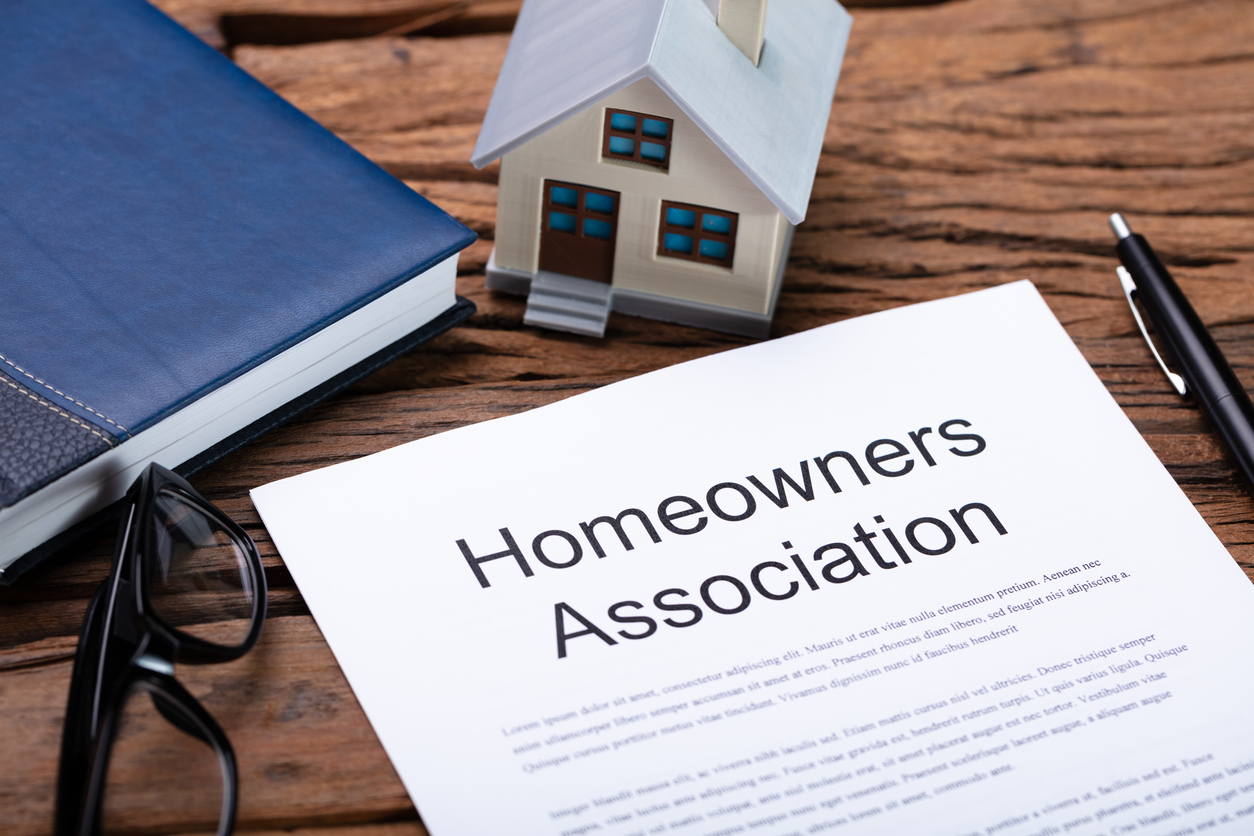
A homeowners association’s financial health is an important issue not only for the HOA board but also for potential homebuyers. Before someone signs on to living in a particular HOA-run community, they might want to know how it’s holding up financially. There are many ways to check the financial health of an HOA, and buyers have plenty of resources at their disposal to demand this.
Every homeowner’s association is unique in its way- that’s why it may be difficult to form an exact opinion about one’s status when it comes to financial management. However, knowing where a community stands is helpful for potential homeowners.
Here are some different ways in which homebuyers might look into HOA Financial health.
Landscaping
Living in a managed community is not just about personal property. Homeowners have to consider common property as well. After all, it’s their money that’s supposedly going into items such as repairs and maintenance. Some of it comes out of the homeowner’s regular association dues. Part of it may come out of special assessments they pay for. Either way, it’s a good option they have to check if fees are being used well.
Amenities and Common Buildings
After a look at the grounds, homebuyers will want to see community amenities before making a decision. From the swimming pool to the clubhouse, getting a good look at these common spaces’ conditions can make or break their decision. Since the money they’ll be paying to an HOA goes into these areas, they expect to see well-maintained common spaces, including walls, floors, furniture, and neglect signs.
Looking at The Budget Directly
Homeowners also have the option to check the budget themselves. As someone who is contributing to the budget, they’ll want to know if their money is being managed properly. One of the best ways to find out how healthy an HOA’s finances are is to take a detailed look at its receive fund.
A healthy reserve fund is a sign of a well-run HOA and shows everything from repairs, maintenance, where funds are lacking, specific financial goals for the HOA, and more.
Ideally, an HOA board should feel confident that the reserve fund can cover unexpected costs, like repairs. If an HOA has a low reserve fund, it could mean it’s heading for trouble. The same goes for an HOA that has yet to establish a reserve fund at all. If a homeowner suspects or finds out that an HOA does not have enough reserved funds, then it’s likely that they will have to pay for the shortfalls.
About Kevin Davis Insurance Services
For over 35 years, Kevin Davis Insurance Services has built an impressive reputation as a strong wholesale broker offering insurance products for the community association industry. Our president Kevin Davis and his team take pride in offering committed services to the community association market and providing them with unparalleled access to high-quality coverage, competitive premiums, superior markets, and detailed customer service. To learn more about the coverage we offer, contact us toll-free at (855)-790-7393 to speak with one of our representatives.


